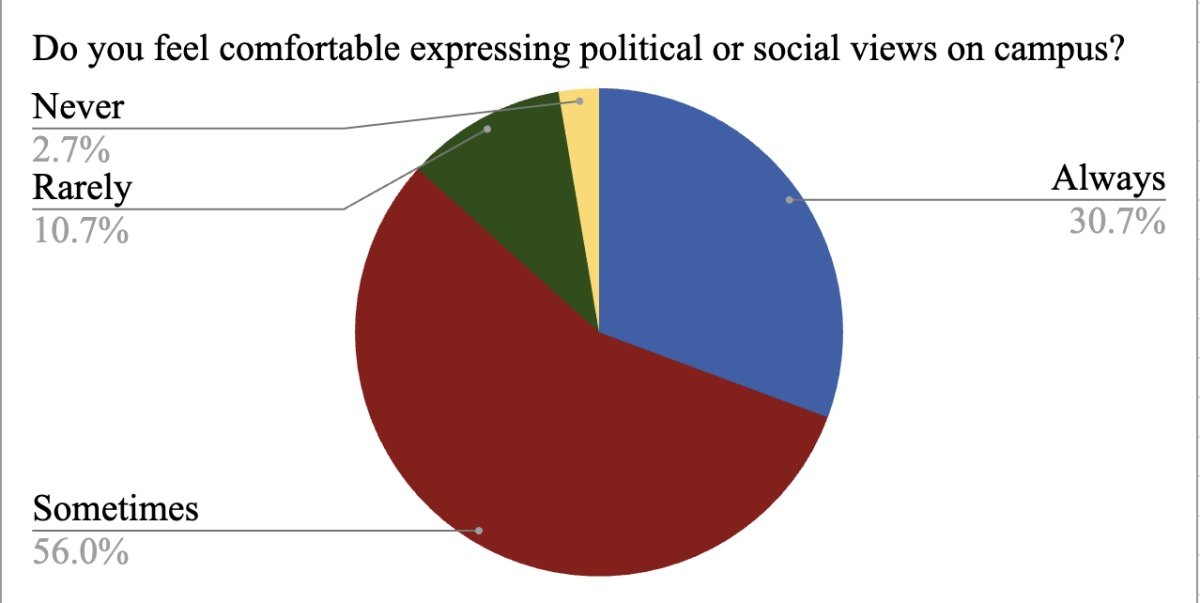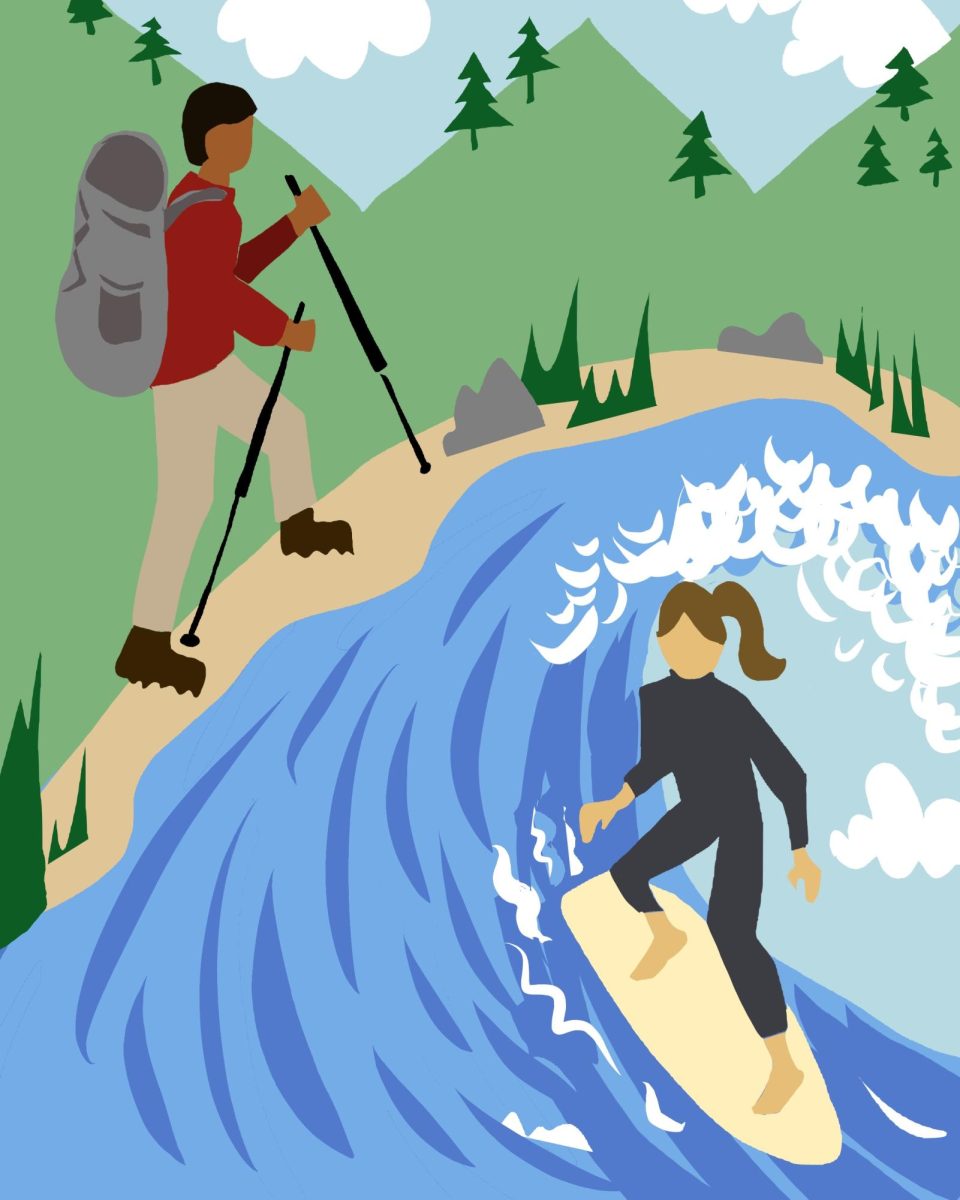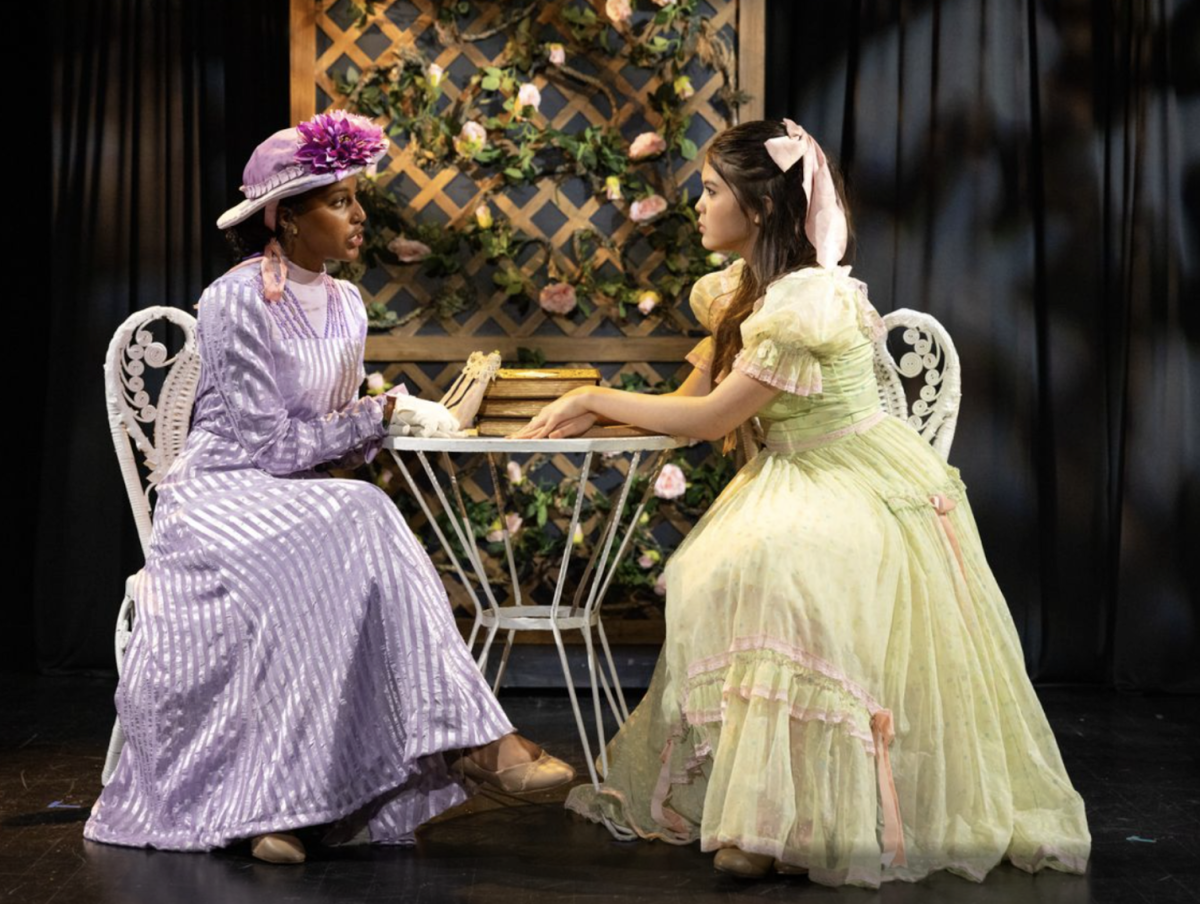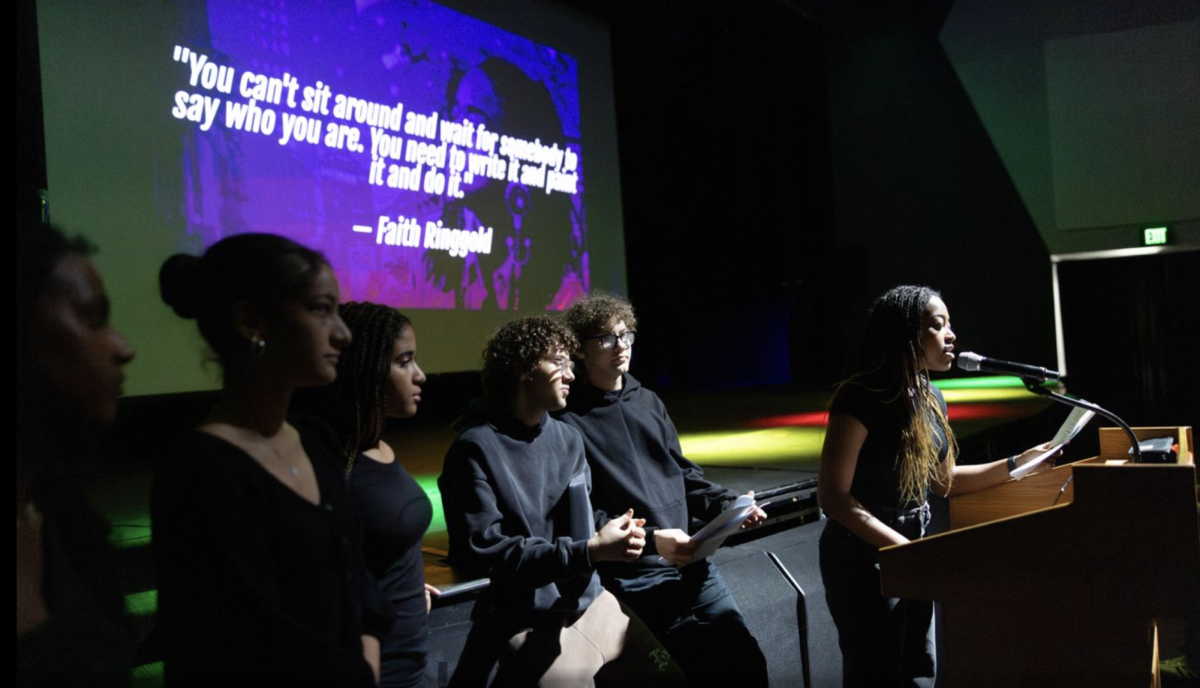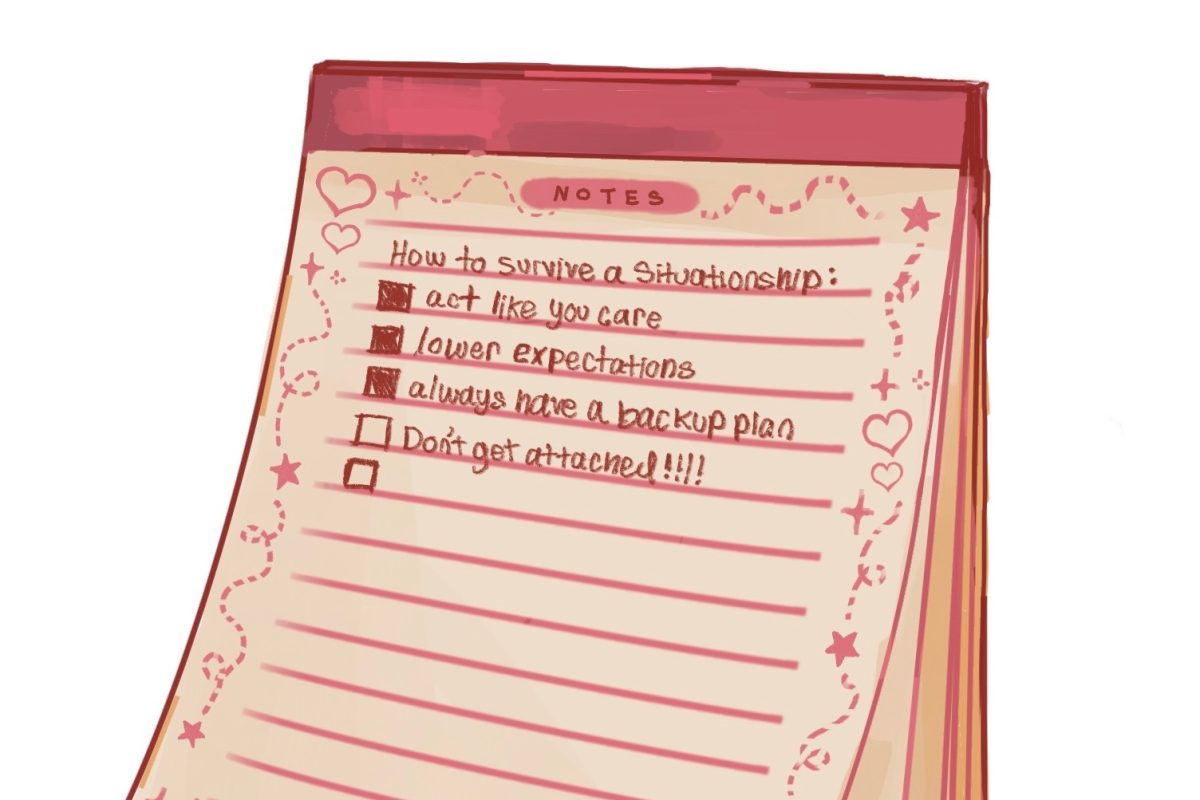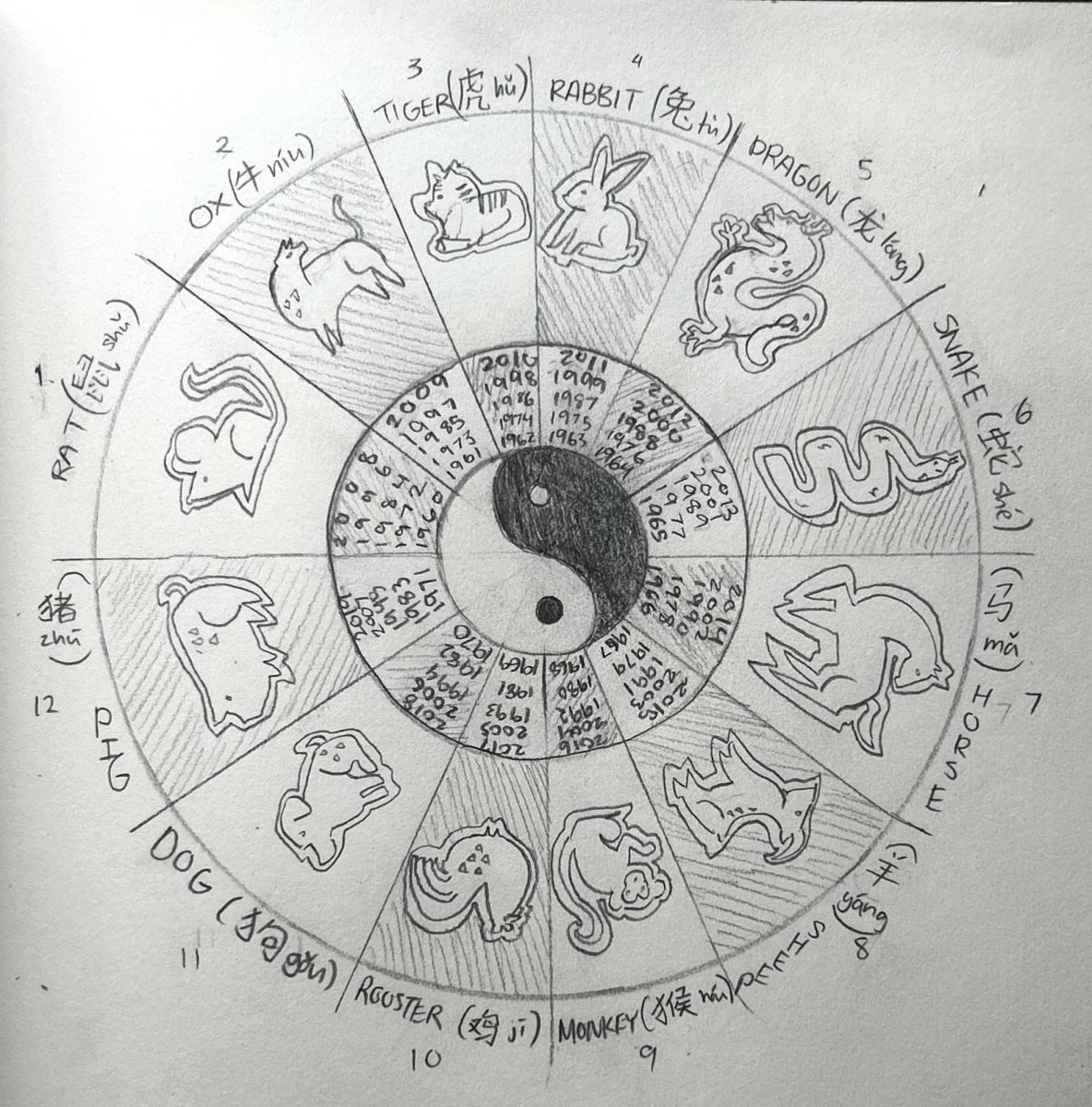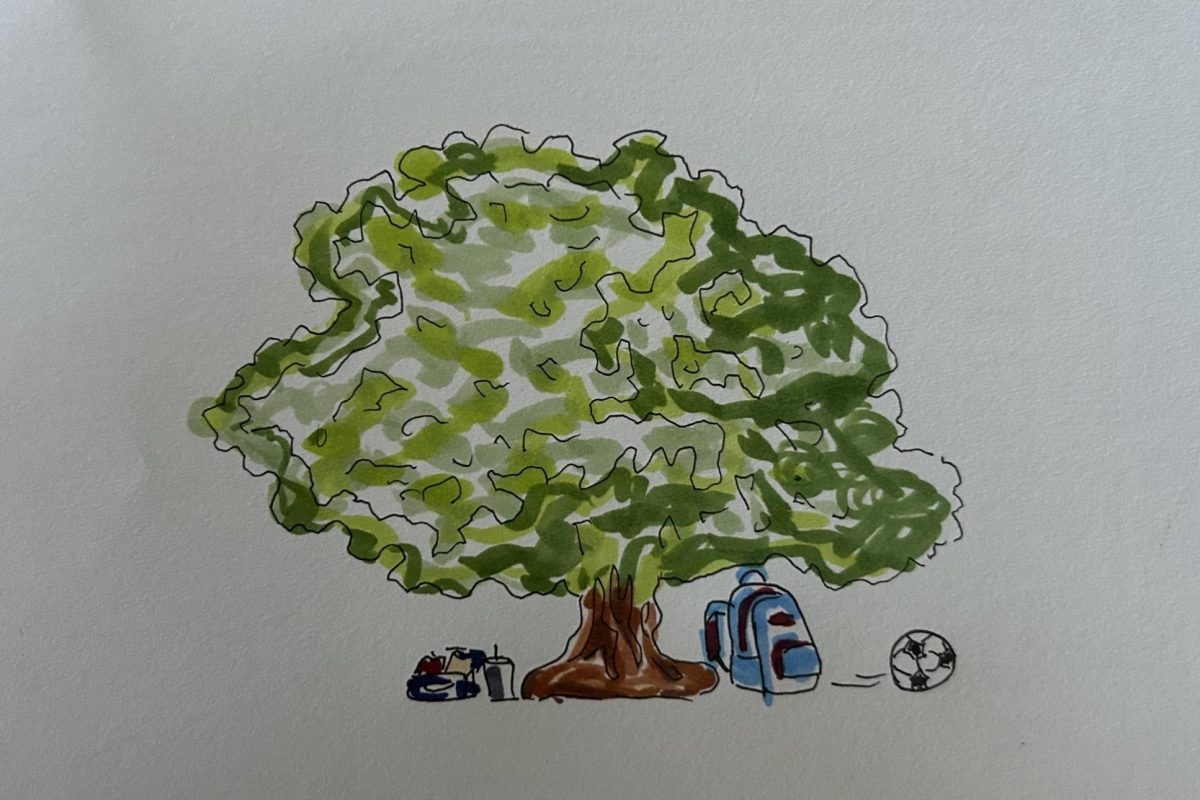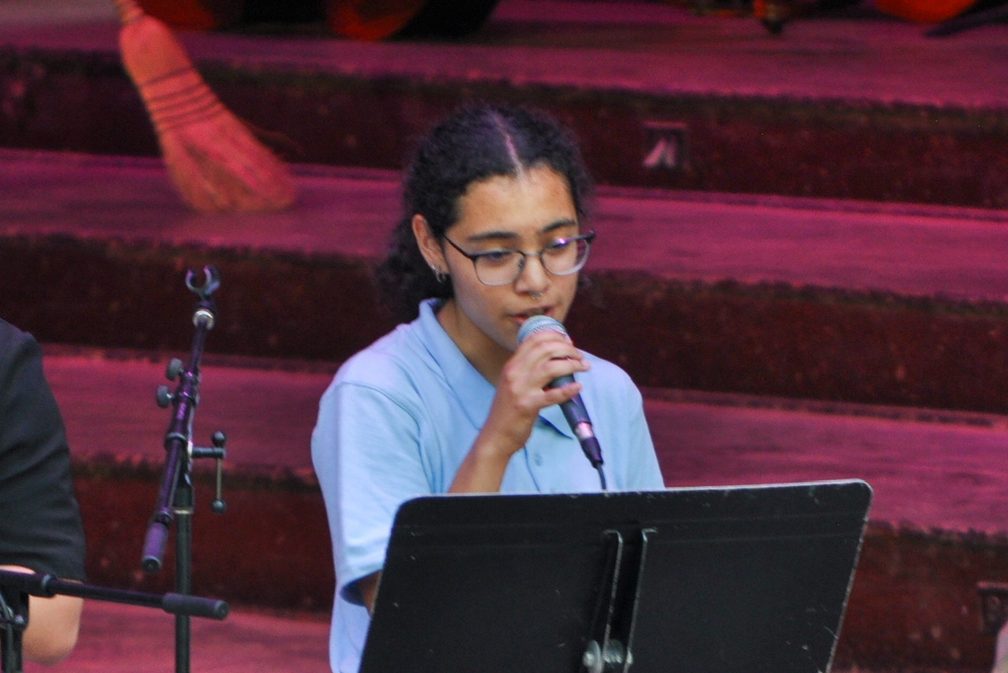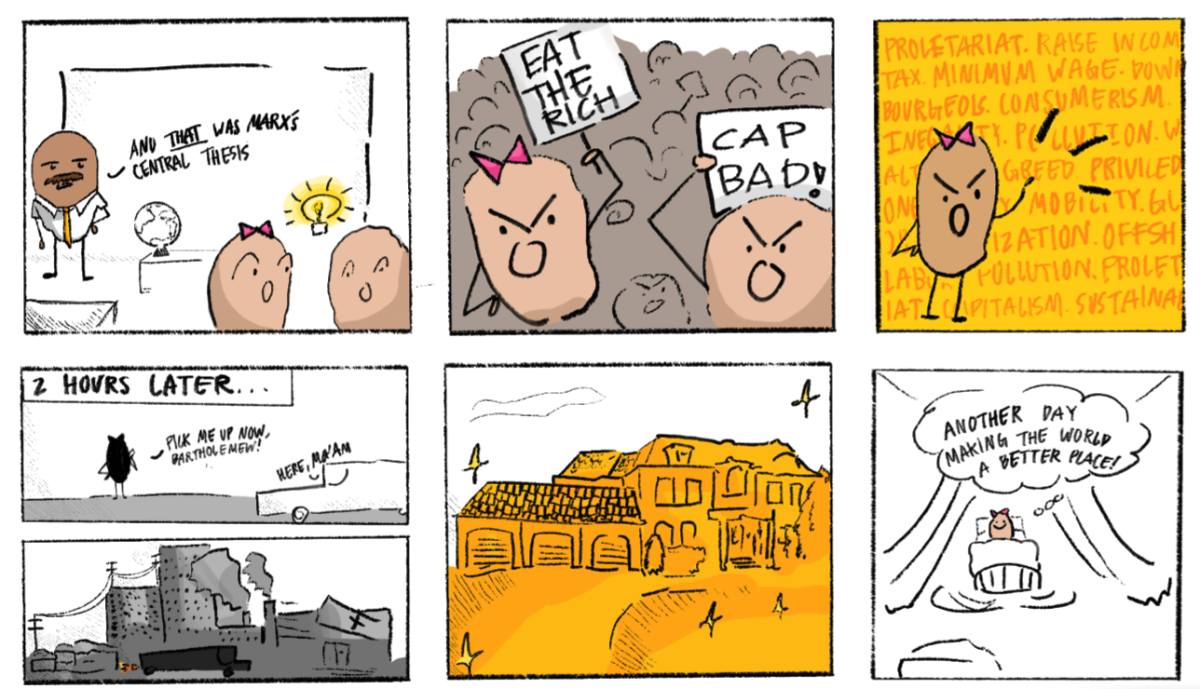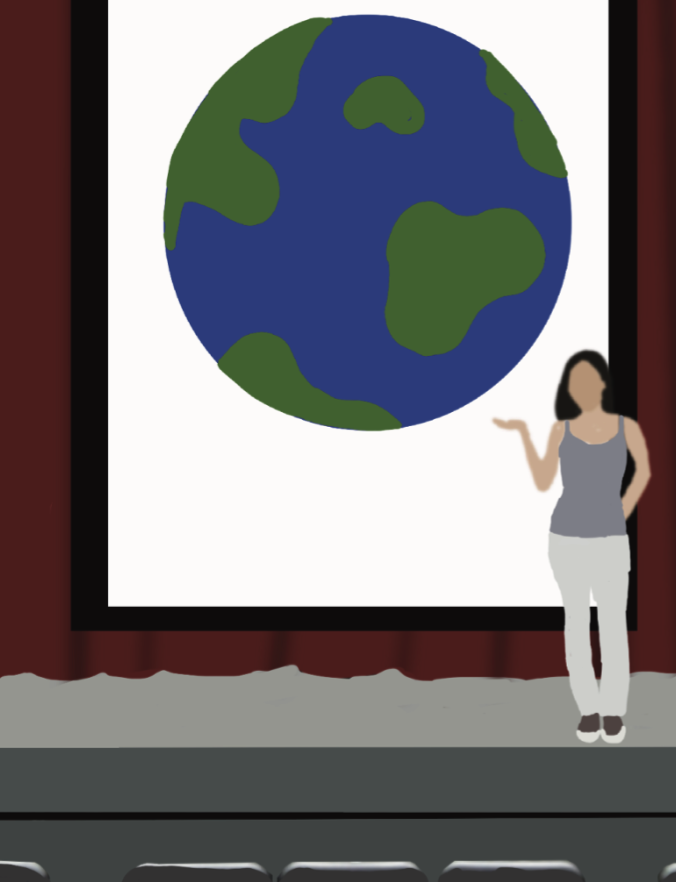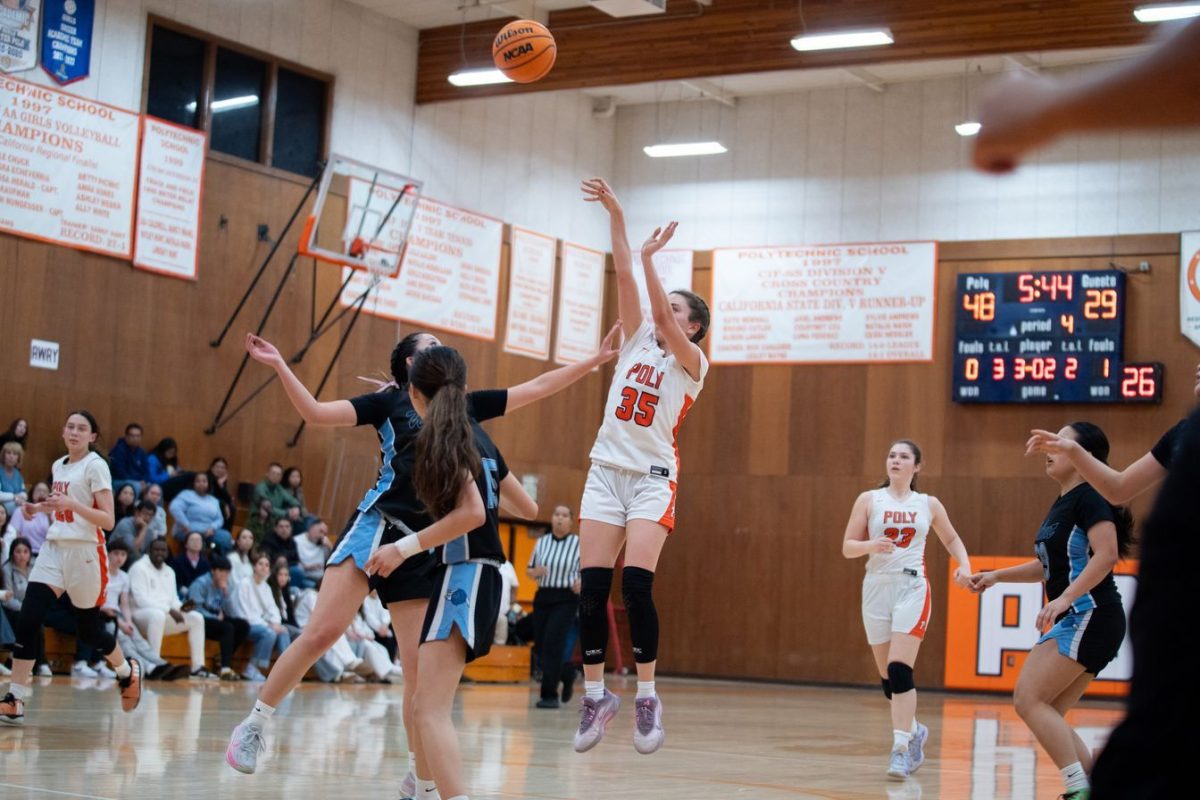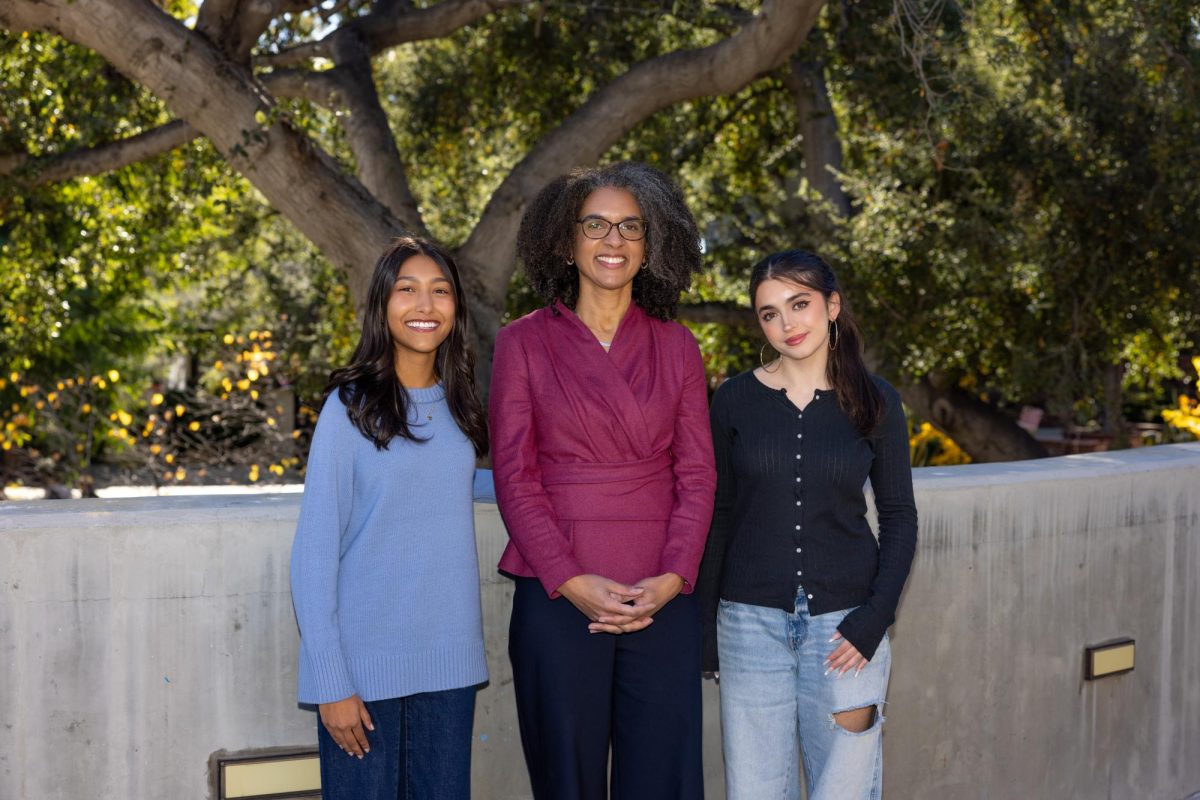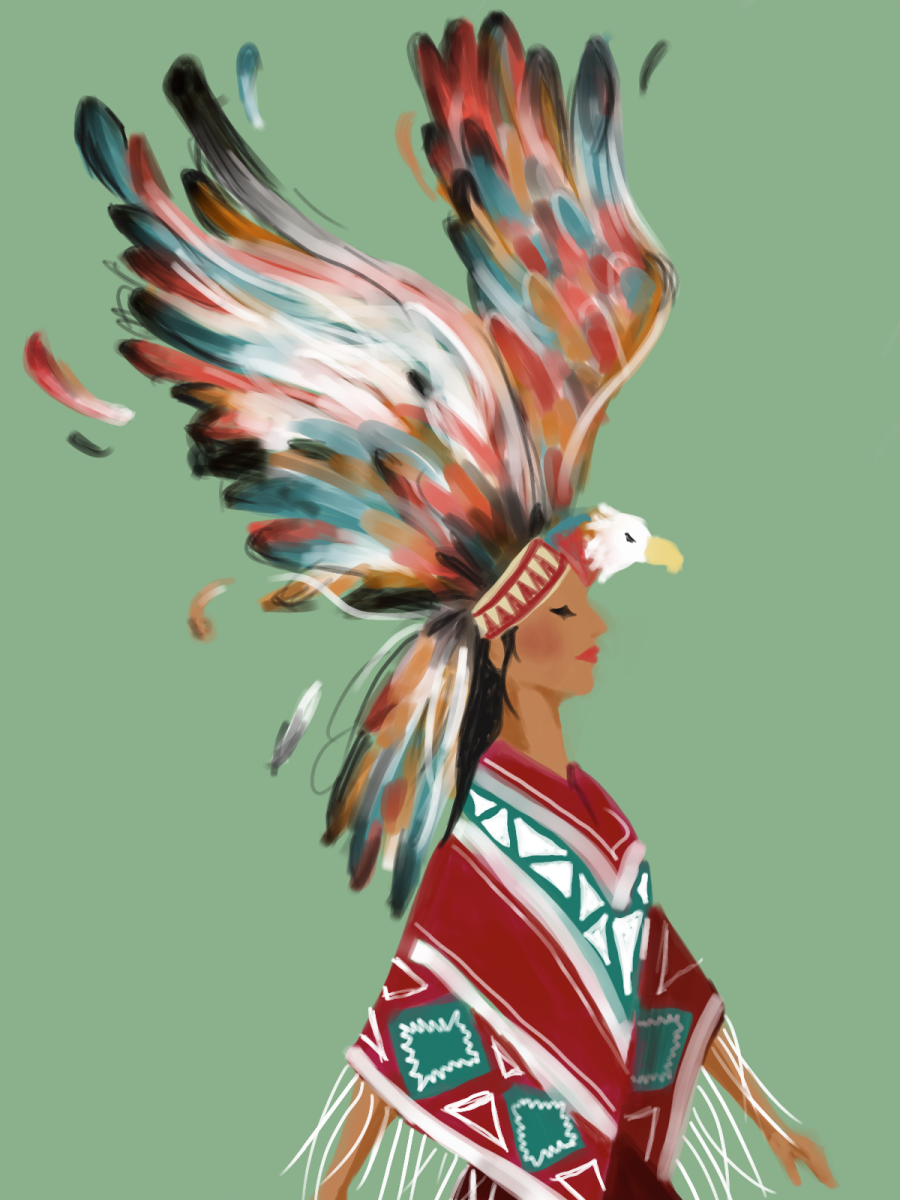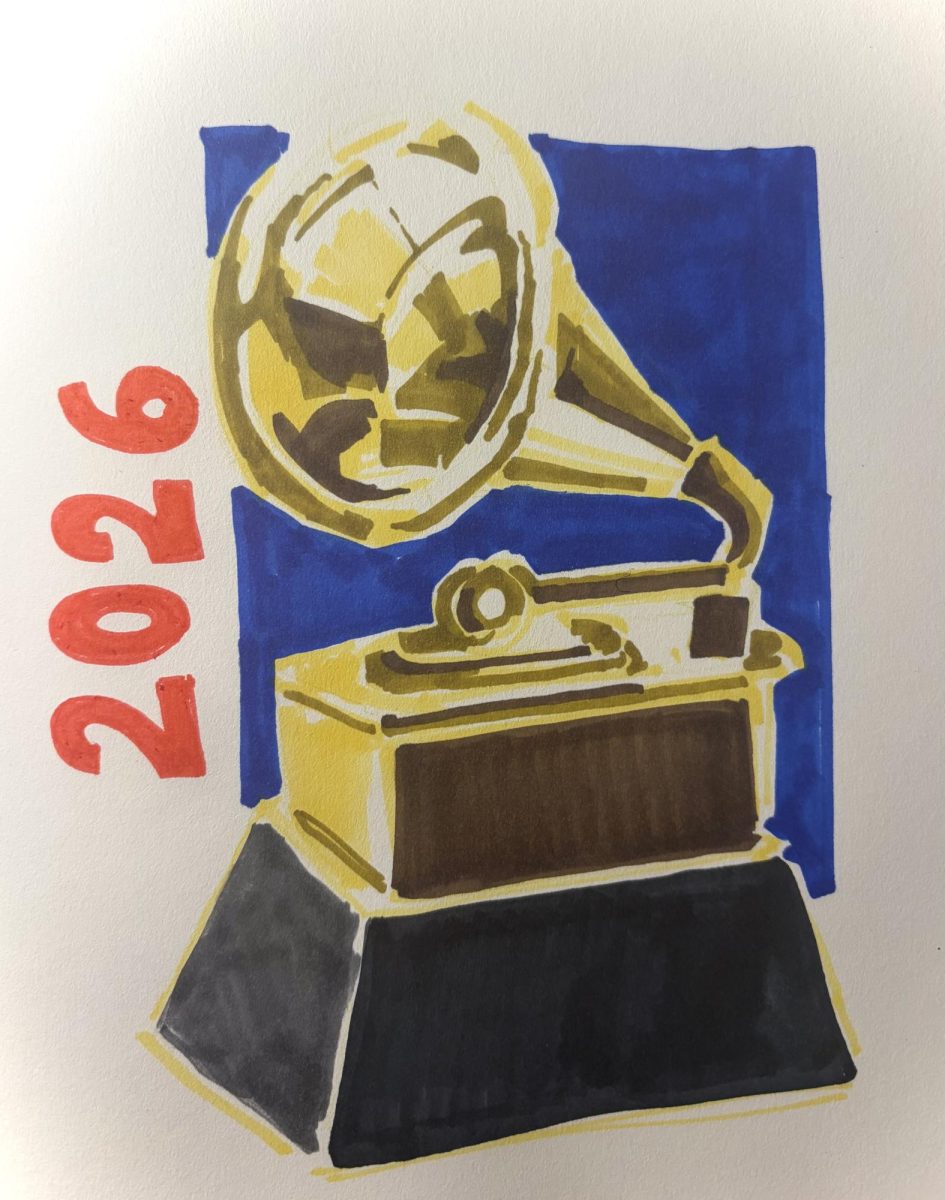Indigenous Peoples’ Day is a holiday that honors the histories, cultures and contributions that Indigenous people have made in the Americas. The holiday was created to recognize and celebrate Indigenous experiences in lieu of Columbus Day in California, while the two are celebrated separately in other states. Because Columbus Day has been criticized for glorifying colonization and glossing over the oppression and genocide of the Native people, Indigenous Peoples’ Day serves to acknowledge historical injustices and works to shift people’s focus to Indigenous resilience and cultural survival.
Since becoming a federal holiday in 1937, Columbus Day has celebrated Christopher Columbus’s so-called “discovery” of the Americas in 1492, yet it has failed to recognize the suffering and displacement that Columbus caused. Columbus viewed Indigenous people as obstacles, something highlighted in his journals from his travels. During his time in the New World, he established forced labor policies and took Native people as servants. He later sent thousands of Taínos, Indigenous people of the Caribbean, to Spain to be sold for labor, with many dying en route. These events represent only a fraction of the long history of exploitation and devastation that Columbus’s arrival unleashed upon Indigenous communities.
Indigenous Peoples’ Day was first celebrated in 1977 in Berkeley, California, after activists pushed for more recognition of the erasure of Native struggles in history.
Upper School Director José Melgoza, who used to teach U.S. history, explained, “We sometimes create very convenient myths in our history to help us feel better about who we are as people, but they’re not based on historical truths [and] evidence. We have to have a good understanding of how we got here. And so recognizing that not only has Native American history been a part of our country, but the fact that Native Americans are still a part of our country, an important part of our country, and issues impacting their community are still extremely important.”
Over the decades, more people and communities adopted Indigenous Peoples’ Day, with some celebrating it alongside Columbus Day and others replacing it altogether. Currently, it is observed on the second Monday of October. This year it fell on Monday, Oct. 13, 2025.
Beyond commemoration, Indigenous Peoples’ Day highlights the diversity of cultures, languages and traditions across Native communities in North America. It encourages people to reflect on the history of colonization and the ongoing erasure of Indigenous suffering. Schools play a central role in shaping how students understand history, and teaching Indigenous perspectives in classroom settings helps counter the one-sided narratives that often dominate textbooks. Learning about these topics also allows students to build empathy and critical thinking skills while developing a more nuanced understanding of historical and present injustices.
Melgoza noted, “One of the [reasons] why I love working with young people is that they have open hearts and they tend to care about the human experience. And so it’s up to the adults to keep those hearts open, so that their minds are receptive towards learning the experiences and perspectives of different individuals.”
Various communities interested in engaging with Indigenous heritage are also learning about local tribes and supporting Native-led initiatives.
“There are a few Chumash organizations that are active in the Pasadena area,” Melgoza noted. “That’s one way to be involved. We’re also in a region that has many Native American communities, and I think learning about them, being curious, is important.” He also emphasized that approaching Native communities requires humility: “I think the worst thing you can do is just show up in a Native American community and expect them to educate you. You should do the work yourself if you truly are committed to learning more and making meaningful connections. So when you do have interactions, you’re ready to make the most of them.”
Indigenous Peoples’ Day is more than just a holiday; it’s a call to remember the past, respectfully engage with the present and envision a future rooted in justice and understanding. By moving beyond myths and acknowledging resilience, the day invites all people to honor the contributions and ongoing presence of Native communities.

